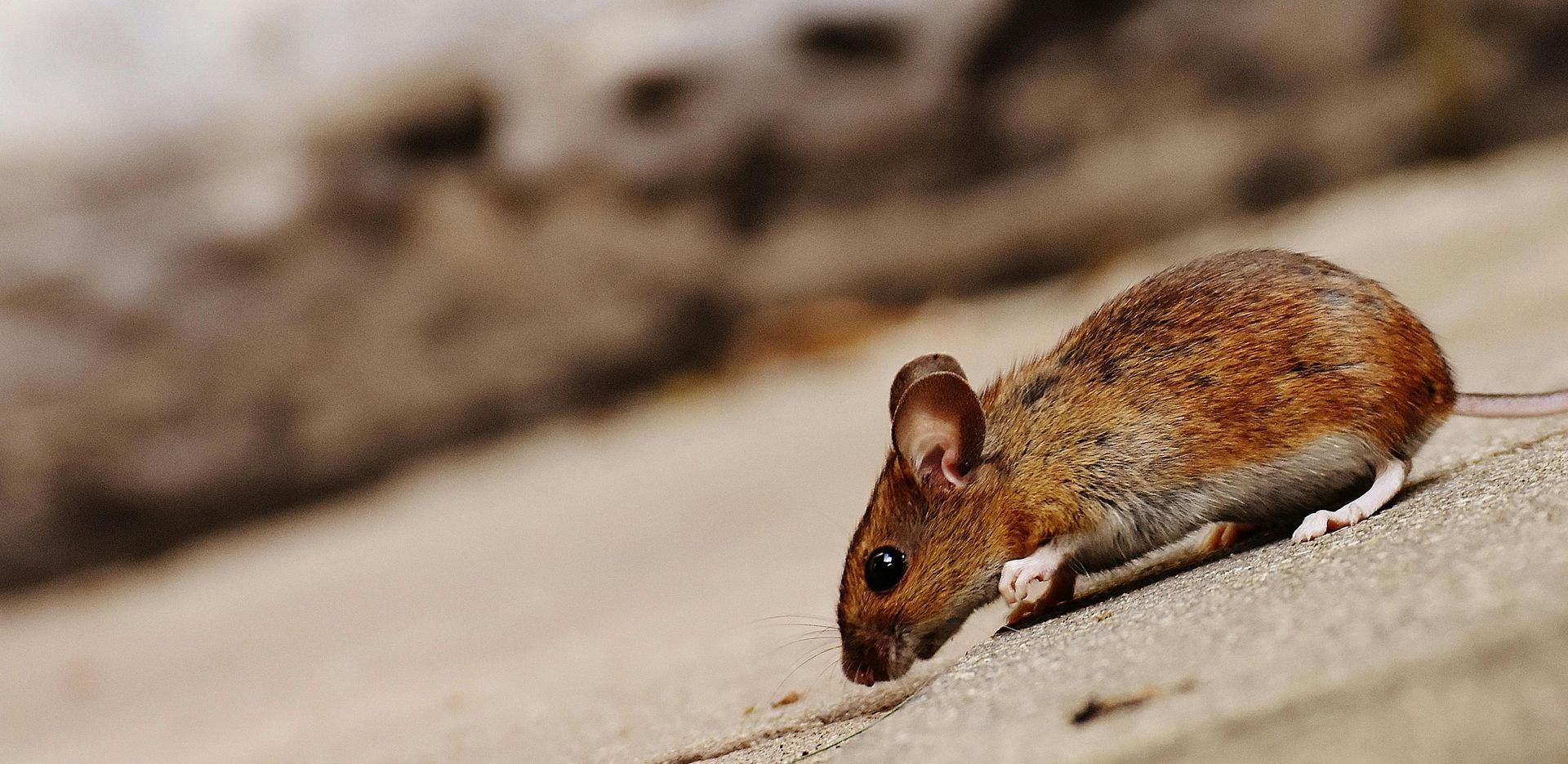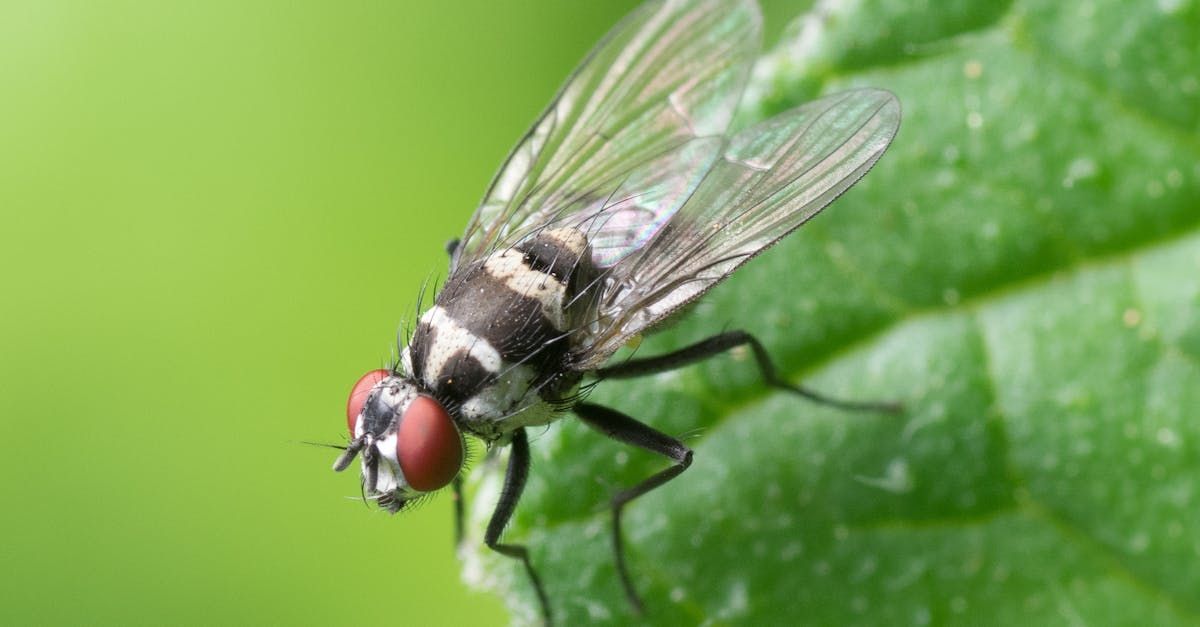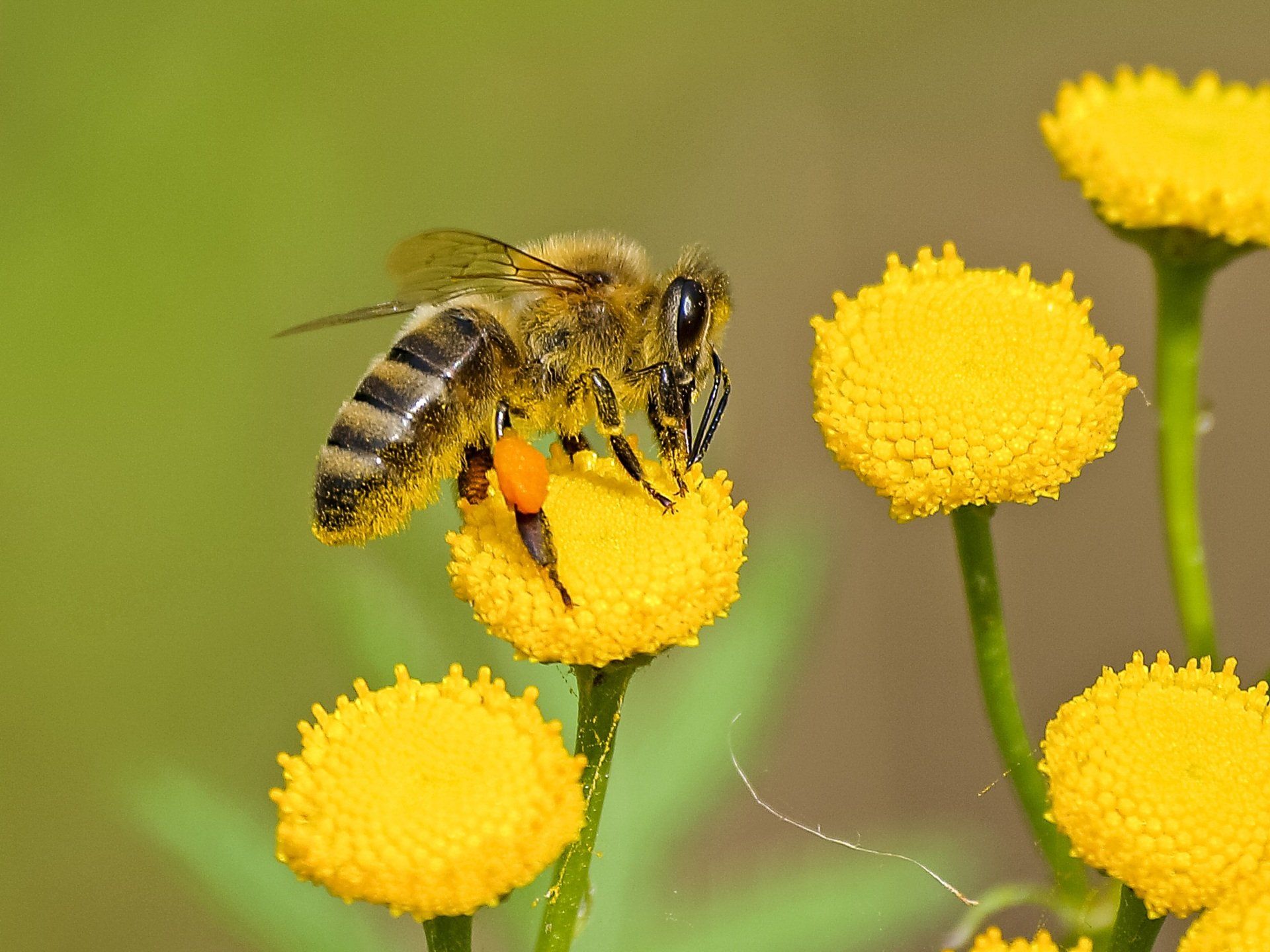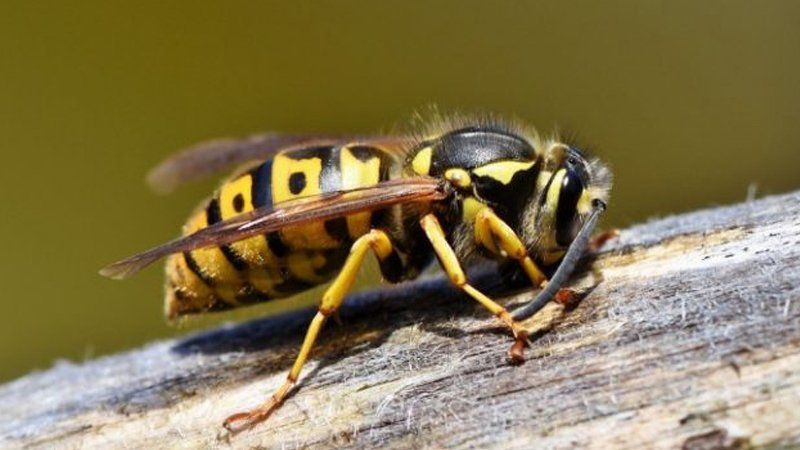OPENING TIMES: Mon - Fri 8am - 8pm. Saturday 9am - 5pm. Sunday CLOSED
Where Do Rats & Mice Nest?
Where Do Rats & Mice Nest?
As the winter weather rolls in, rats and mice seek out warm and secure areas, with easy access to food and water, to build their nests and that could involve the use of your property, whether it be in your garden, garage or even your home.
So what do these rodents look for when building a nest, how can you get rid of them and what can you do to prevent it happening again? The Pest Master is on hand to answer all of your questions surrounding mice and rat nest removal in Derby.
What do rodents look for when building a nest?
Despite being relatively similar, rats and mice look for different things when it comes to building their own nests. With one animal looking for warm and secure places to raise their young where the other would rather have a reliable food and water source nearby.
Depending on where you find a particular nest, it can be determined which pest you’re dealing with. However, if you call a professional in, such as the experts here at The Pest Master, to undertake
rodent control services in Derby, then we can carry out the following:
- A meticulous survey
- Rodent proofing
- Habitat manipulation
- Thorough sanitation
This will give you absolute peace of mind that your rodent infestation is under control and preventative measures put in place to help ensure the problem doesn’t reoccur. Although, regular visits by our specialist team will help to keep these pests at bay.
What do rats look for?
Rats look for somewhere warm and secure in a bid to raise their young. The location they opt for is also likely to be sheltered, although if groundwater levels rise, it can force them to relocate. Although they’re more likely to build their nests under sheds or in garages, there is a chance that they could inhabit your home if the right measurements aren’t put in place.
Quick and easy access to food and water is also something rats will seek out when choosing a place to build their nest. On average, rats eat around 30g of food and drink approximately 60ml of water every day and so nearby food and water sources are paramount for their survival.
However, the areas they search in order to find water and food will be within a very short radius of their nest as they’re notoriously cautious animals. Once a rat relocates, they’ll be very careful about when and how far they travel for food and water until they become more established.
Rats will also seek out ideal nesting materials unless a property has already provided that for them. They’ll look for warm and dry areas with soft surroundings as this is the ideal environment for birthing and raising their young. Rats will use the following materials to fill their nests:
- Shredded newspaper
- Grass
- Leaves
- Cardboard
- Loft insulation
- Wool
- Cloth or fabric scraps
- Old pieces of clothing
In summary, rats look for:
- Sheltered, warm and dry locations
- Quick and easy access to food and water
- Safe and secure areas
- Soft nesting materials
What do mice look for?
It doesn’t take much for a male and female mouse to establish themselves somewhere on your property. Once they’re settled, they’ll waste no time in building their nest as, like most animals, their sole aim is survival. There are plenty of reasons why mice will look to build a nest so quickly, including:
- To breed
- To keep themselves warm and dry
- To store their food
- To protect their young against predators
- To raise their young
Unlike rats, mice build nests solely to breed and protect their offspring and so they’ll want to make their nests as warm, secure and comfortable as possible. Mice will scavenge materials from around your home, looking for a number of different materials, such as the following:
- Food wrappers
- String
- Fabric scraps and rags
- Mattress and pillow stuffing
- Loft insulation
- Torn pieces of clothing
- Newspaper
- Shredded pieces of cardboard
- Fibreglass
If you notice any chewed or gnawed materials throughout your home, then the likelihood is that you have mice nesting somewhere on or in your property. A mouse’s nest isn’t neatly built, in fact, it’s rather messy. They’ll gather as many ideal materials as possible and bundle them all into a ball, with no particular order or process in mind. As long as it’s soft, warm and safe, they’ll be happy.
In summary, mice look for:
- Safe and secure locations
- Dry and warm areas
- Soft nesting materials
Where do rodents nest?
Where rats and mice look for different things when building their nests, the locations in which they decide to establish themselves are also somewhat different. Where one animal will be happy in your loft, the other will be content under your garden shed or even beneath your decking. But where is each rodent most likely to build their nest?
Where do rats like to build their nests?
Rats aren’t particularly fussy about the location of their nest, just as long as food and water is nearby and the area is sheltered and warm. But if you’re worried about having rats on your property, then you’re most likely to find a nest in the following places:
- Sheds
- Outbuildings
- Garages
- In the garden
- Basements or cellars
- Attics or lofts
- In the walls
You’re less likely to see a rat during the day as they’re nocturnal animals. They like to leave their nests and forage through dusk and dawn when you’re in bed. But by checking the aforementioned areas, you’ll be able to easily determine whether you’re dealing with a rat infestation or not. However, if you want to be 100% sure, you should call upon a specialist to help you, such as The Pest Master.
Here at The Pest Master, we have a reliable
rat control service in Derby that can be utilised by both domestic and commercial clients. When dealing with rat infestations, our team of highly-qualified professionals will:
- Inspect your property, identifying possible nesting sites
- Treat the problem as quickly, effectively and humanely as possible
- Protect your property against subsequent infestations
- Maintain that protection with periodic visits at a time and day to suit you
Where do mice like to build their nests?
Mice like to construct their nests outside rather than inside, most of the time. However, if they think your home best mimics their perfect outdoor nest, then they’ll waste no time in moving into your house. Mice are likely to build their nests in the following places:
- Underground, outdoor areas
- Beneath the floorboards
- Ceiling insulation
- Loft insulation
- Garages
- Under kitchen cupboards
- Under white goods
- In between the walls
- Undergrowth in the garden
The Pest Master has a highly-effective
mice control service in Derby that’ll help to banish these particular rodents from your property for good. Much like with our rat control service, we’ll seek out mice nests, efficiently and humanely treat the problem, protect your home and maintain that protection with regular home visits all for your absolute peace of mind.
How can you get rid of rodents’ nests?
If you find a mice or rats’ nest, you shouldn’t touch it or disturb it in any way. Instead, you should call a pest control professional to deal with the problem in a safe and effective manner. With that in mind, you can always rely on The Pest Master to provide you with a professional, expert service that can always be counted upon.
Where there are several self-treatments available, they should be carefully considered. The misuse of such treatments can result in hefty fines and even imprisonment as home remedies need to be carried out in accordance with the law. If you choose The Pest Master for rodent control services in Derby, then you can rest assured that we’ll always act within the bounds of the law every single time.
It’s also important that rodent removal is done as safely as possible in order to protect those residing in your home. The Pest Master will ensure both yourself and your family will be safe at all times when ridding your property of such pests.
Why should you choose The Pest Master for rodent control in Derby?
- Fast, effective and humane treatments will be carried out
- Visits will be arranged at a time and day to suit your lifestyle
- All pest control removals are carried out with everyone’s safety in mind
- Inspections, treatments and preventative measures are conducted meticulously
If you’d like further information about our rodent control services in Derby,
get in touch with a member of our friendly, professional team today - we endeavour to provide expert rat control and mice control services throughout the East Midlands, keeping our clients and their safety at the forefront of everything we do.
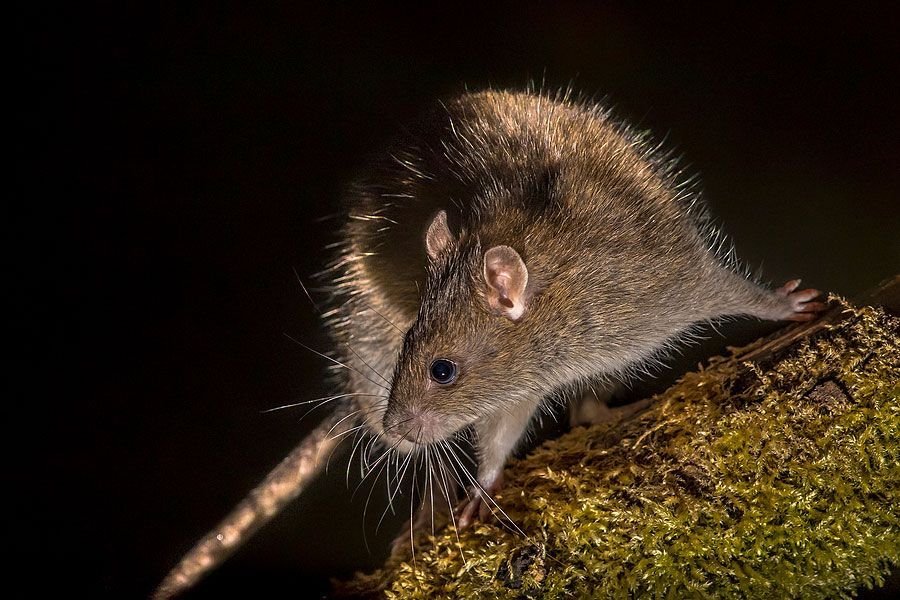
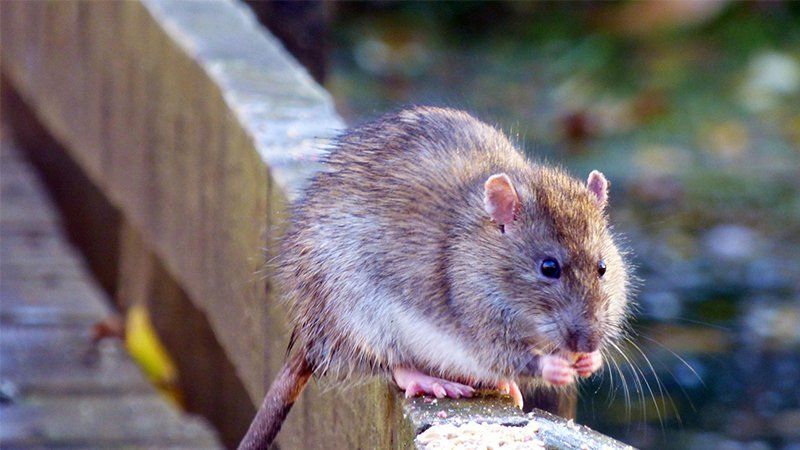
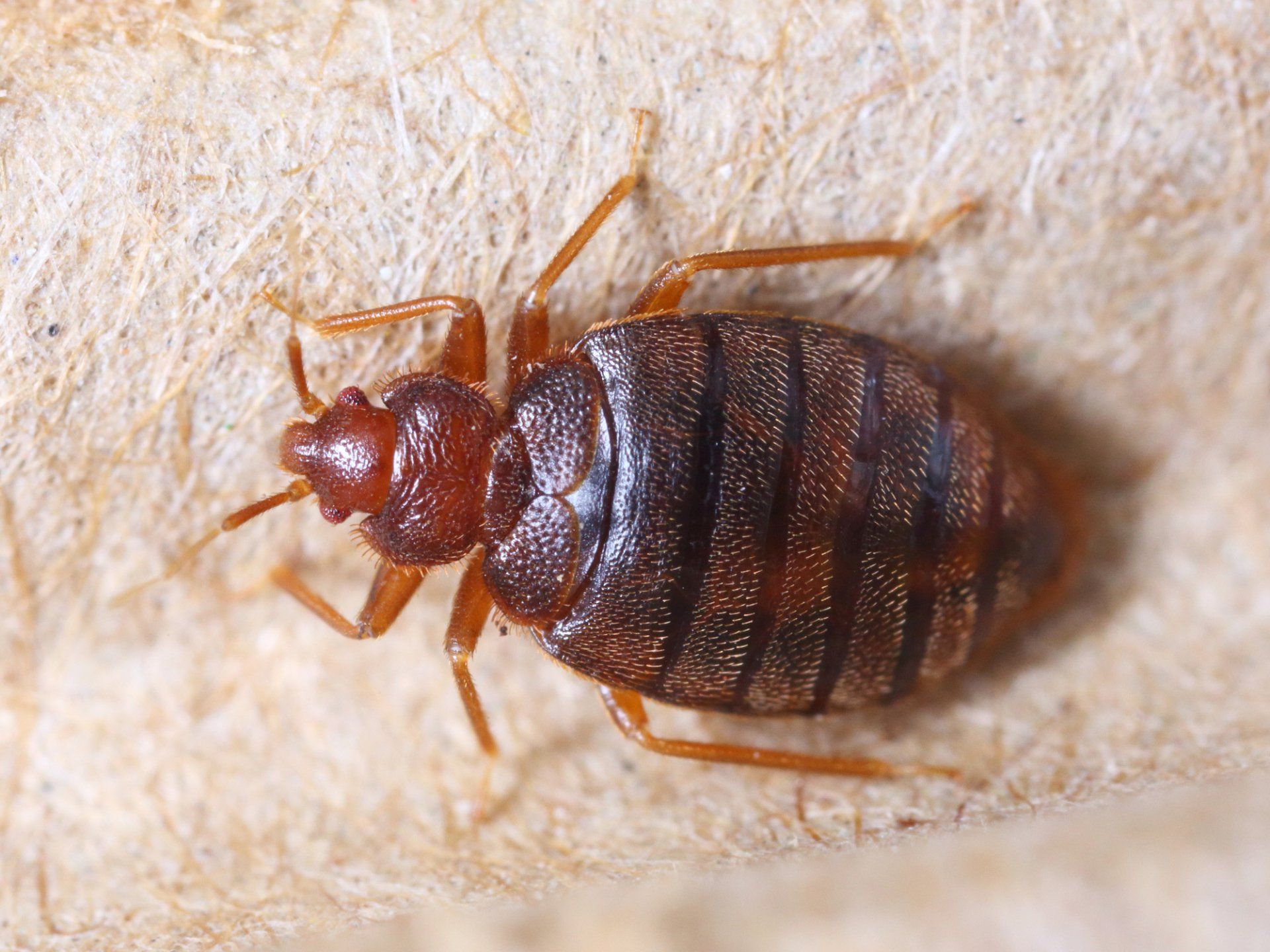
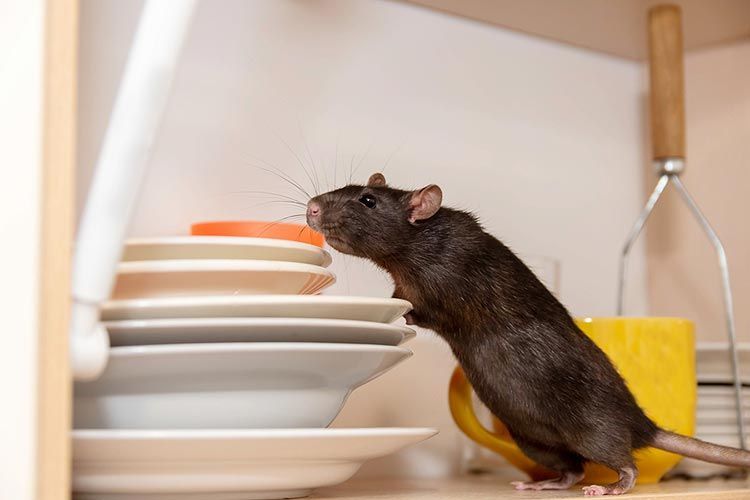
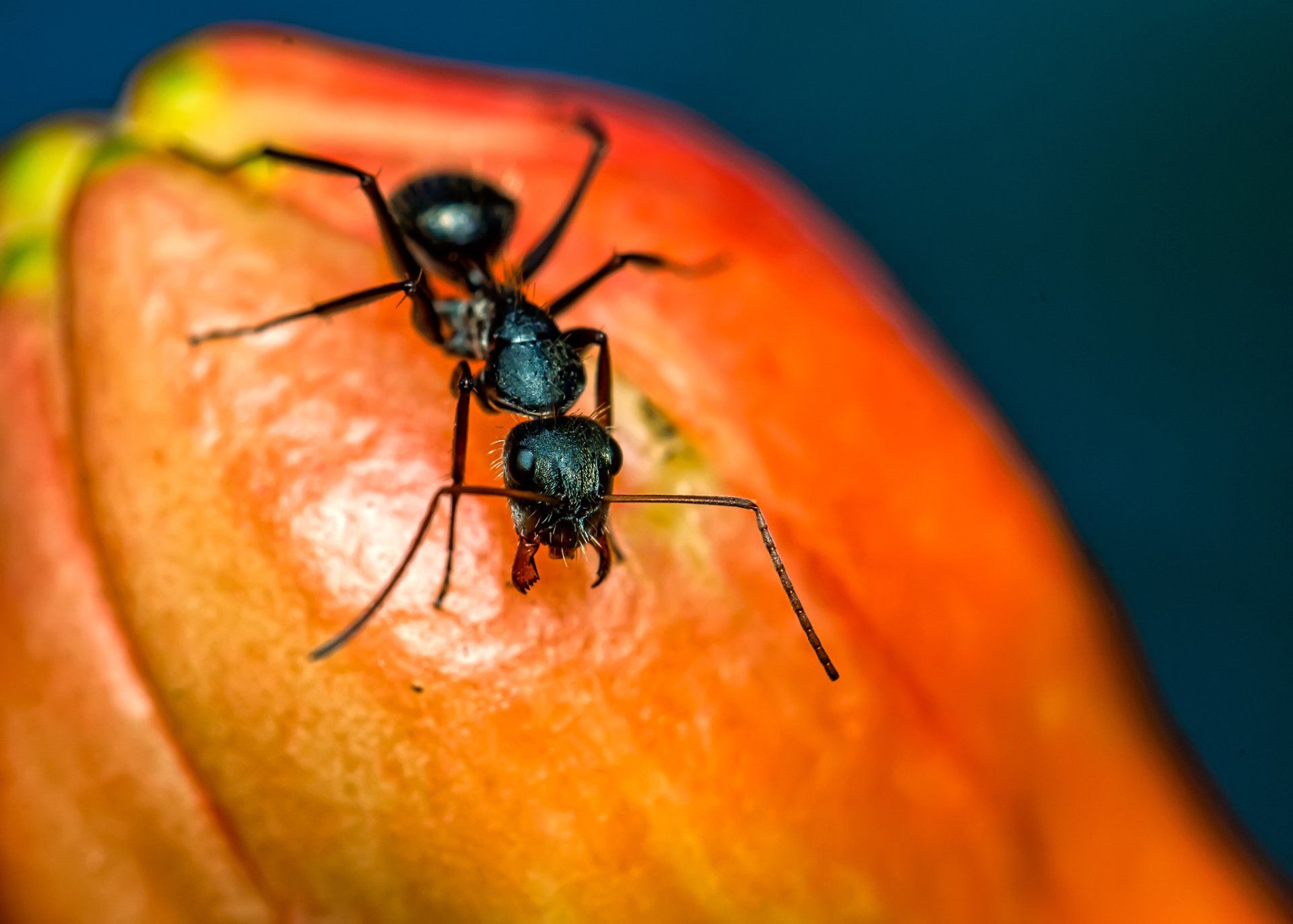
QUICK CONTACT
For a quick quote, please fill out our quick contact form below.
Sign up to our newsletter
We will get back to you as soon as possible
Please try again later
OR CALL DIRECTLY ON:
01332 916 329
07583 124215
Just wanted to say what a brilliant job Wayne did with our wasps nest. Nothing was too much trouble for him. He was so polite and friendly and I would highly recommend him for any pest problems you may have.
Doreen B
Second time having to use these people. Last time was several years ago. Original wasps never came back. New nest in different location. Very professional setup, quick response, no mess or anything left etc. Highly recommended. Thanks.
Stuart A
DERBY OFFICE
18 Briarwood Way,
Derby,
DE23 2TA
Tel:
01332 916 329
Mob:
07583 124215
Email: help@thepestmaster.co.uk

